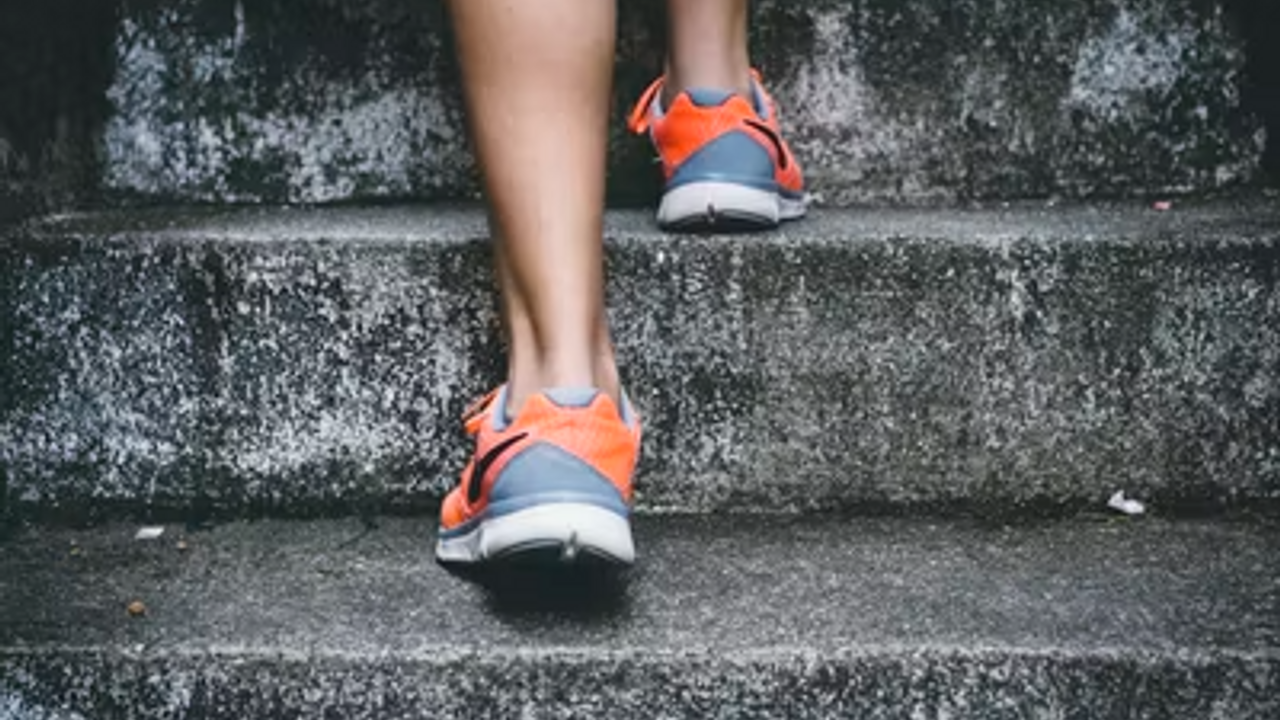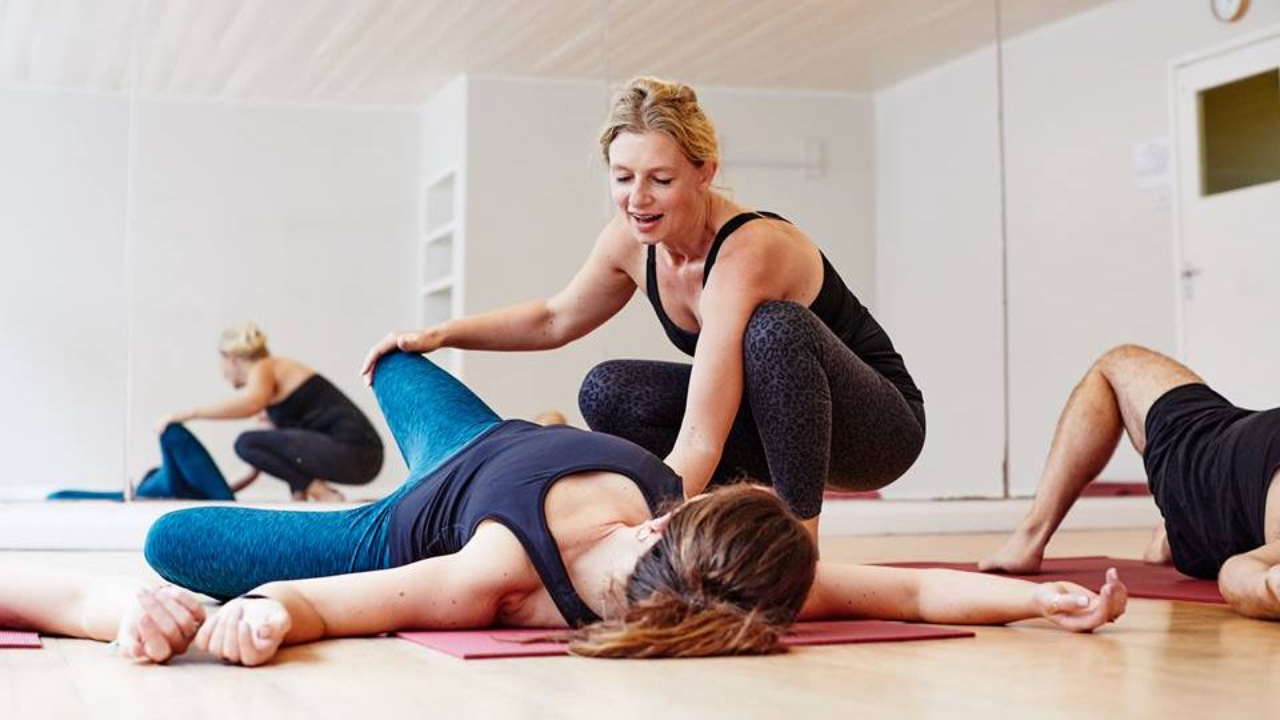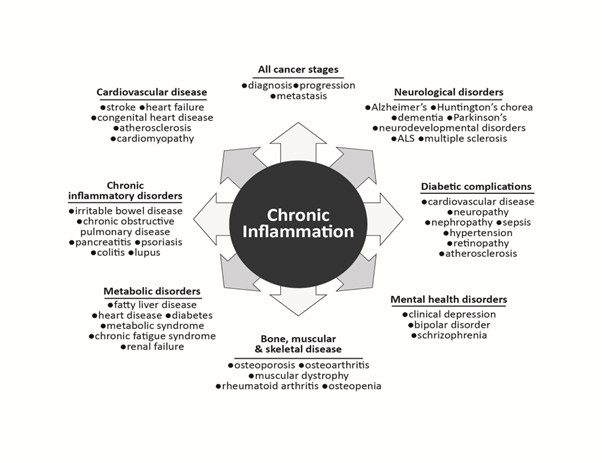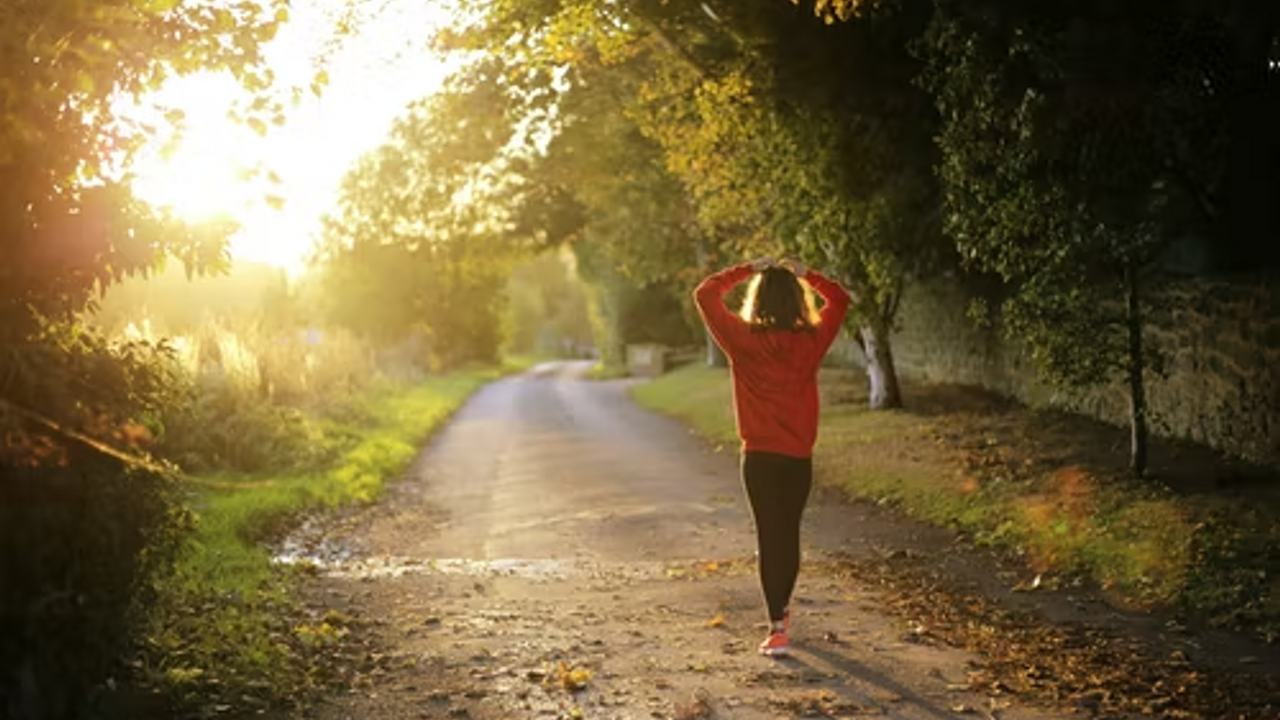Breath awareness
Bringing awareness to the quality of your breathing can support your immune potential, as well as your respiratory health. How we breathe is inherently linked into our immune system, as both our respiratory system and immunity are both orchestrated by our nervous system; as well as communicating with all other body systems e.g. digestive, endocrine (hormones) and circulatory.
This is reflected in our external relationship to the world – our nervous system is linked to internal thoughts and then portrays this by what is happening in our outside world. This is connected to how safe or unsafe we feel – our nervous system changes our breath and immune responses according to whether we go into mobilising fight-or-flight modes (sympathetic nervous system) or calming rest or digest modes (parasympathetic nervous system).
Breath and immunity
Our breathing is linked to our immune system in many ways, including:
• The respiratory system filters out, dust, bacteria and oth
...

 If you are making change to your nutritional habits for the new year, then it is vital that you bring in movement habits and patterns that allow these adjustments to fully rid yourself of the waste that builds up. Every day our bodies are bombarded with toxins from both outside (exotoxins) – the polluted environment, medications, alcohol, cigarette smoke, car exhaust emissions and toxins from within the body (endotoxins) – the by-products of nutrient breakdown, hormones and bacterial waste products from the intestines.
If you are making change to your nutritional habits for the new year, then it is vital that you bring in movement habits and patterns that allow these adjustments to fully rid yourself of the waste that builds up. Every day our bodies are bombarded with toxins from both outside (exotoxins) – the polluted environment, medications, alcohol, cigarette smoke, car exhaust emissions and toxins from within the body (endotoxins) – the by-products of nutrient breakdown, hormones and bacterial waste products from the intestines.



 Compassion is an intrinsic part of Buddhist and yogic cultures, where there is an emphasis on feeling a deeper connection through non-violence and kind attention to the present moment. Metta Bhavana is one of the core Buddhist meditations and translates (from Pali), with Metta meaning loving-kindness and Bhavana to cultivation or development. With our tendencies for self-criticism and judging inner voices, this practice is gathering interest and respect from Western ideologies and researchers. For those practising it is not news that the practice sows the seeds to take a more kind, loving and ...
Compassion is an intrinsic part of Buddhist and yogic cultures, where there is an emphasis on feeling a deeper connection through non-violence and kind attention to the present moment. Metta Bhavana is one of the core Buddhist meditations and translates (from Pali), with Metta meaning loving-kindness and Bhavana to cultivation or development. With our tendencies for self-criticism and judging inner voices, this practice is gathering interest and respect from Western ideologies and researchers. For those practising it is not news that the practice sows the seeds to take a more kind, loving and ...










